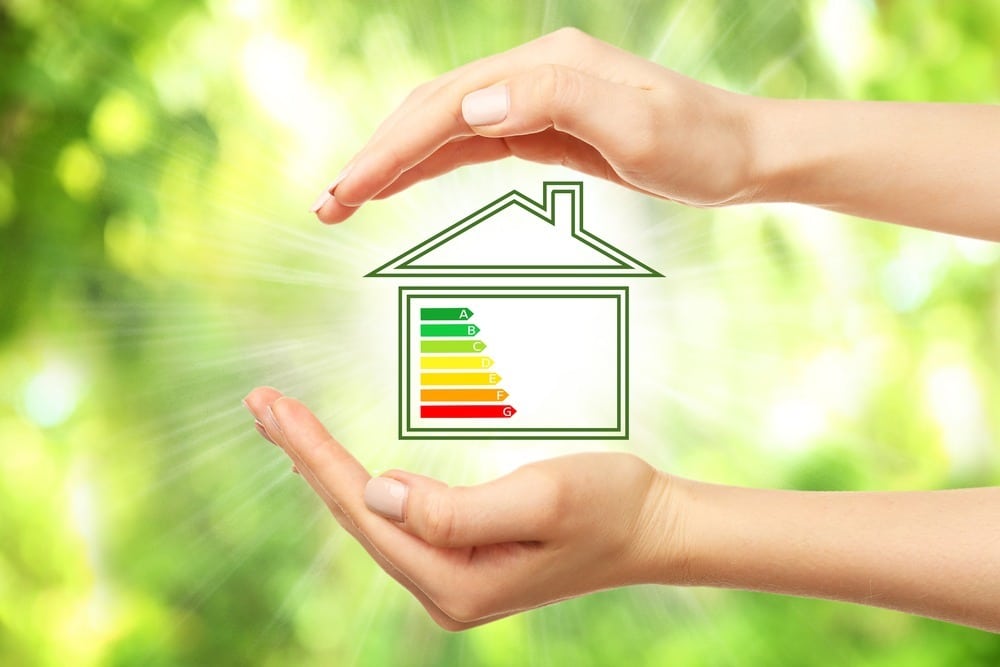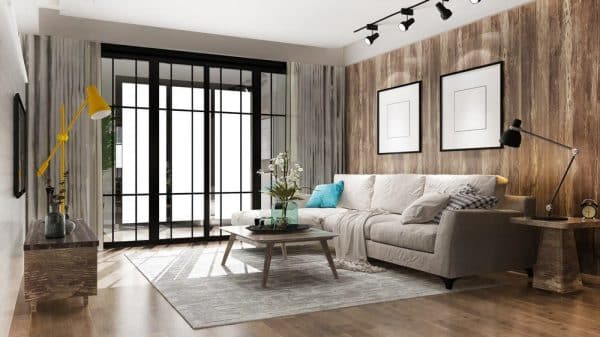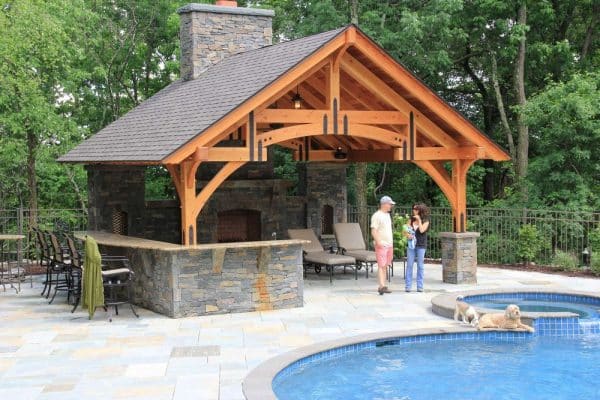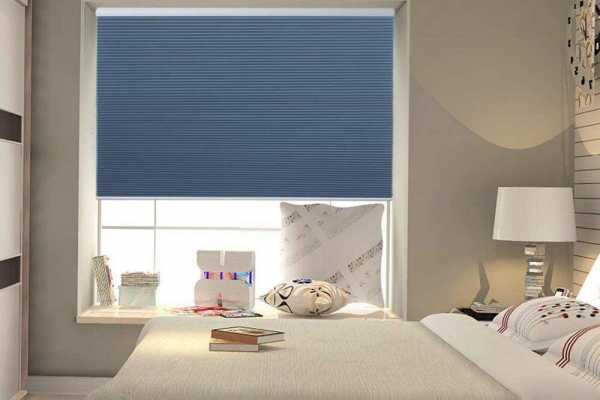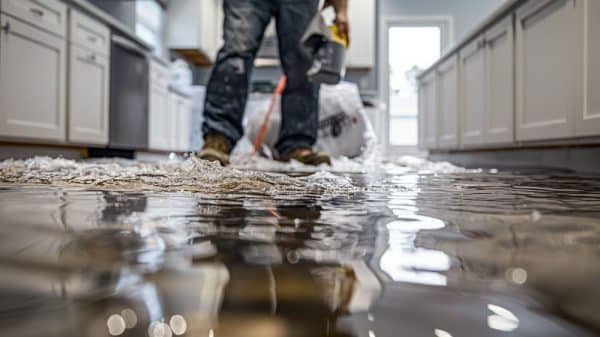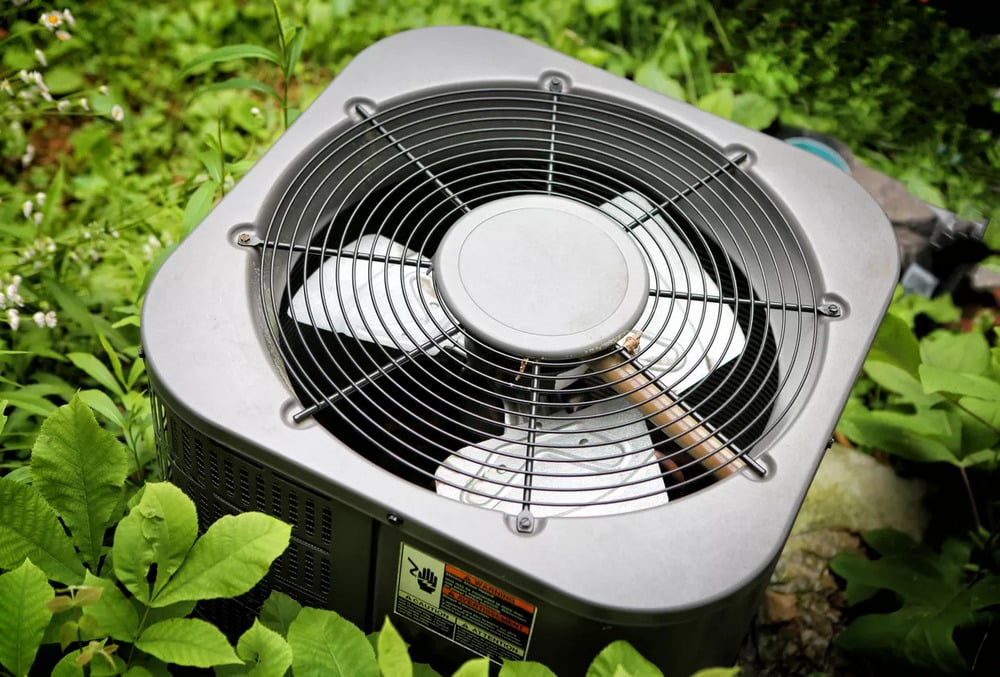
Most homeowners don’t know how windows play an important role in temperature regulation in their homes. Interestingly, windows cause between 25% and 30% of heat loss/gain in most buildings. Windows either allow the conditioned air to escape or warm or cold air into the house.
Generally, even with proper HVAC installation done by Indianapolis HVAC experts, windows interfere with the overall efficiency of heating and cooling systems. Below are common questions about how windows interfere with HVAC efficiency.
How Does Window Placement Affect HVAC Efficiency?
If you intend to install HVAC units in your new building, you should consider window placement. Your focus should be on ensuring that windows are placed where they promote heat gain during the cool months while minimizing solar gain during warm months. By doing so, heating and cooling systems won’t struggle to achieve comfortable indoor temperatures. Working your HVAC systems minimally results in:
- Significantly reduced energy bills
- Long system lifespan
- Reduced wear and tear
- Low maintenance and repair bills
A key factor that determines window placement is your area’s general climate. For instance, those in warm states use the furnace more than the air conditioner. As a result, you should have more south-facing windows than north-facing windows. Similarly, your north-facing windows should be covered during cold months to reduce cooling costs.
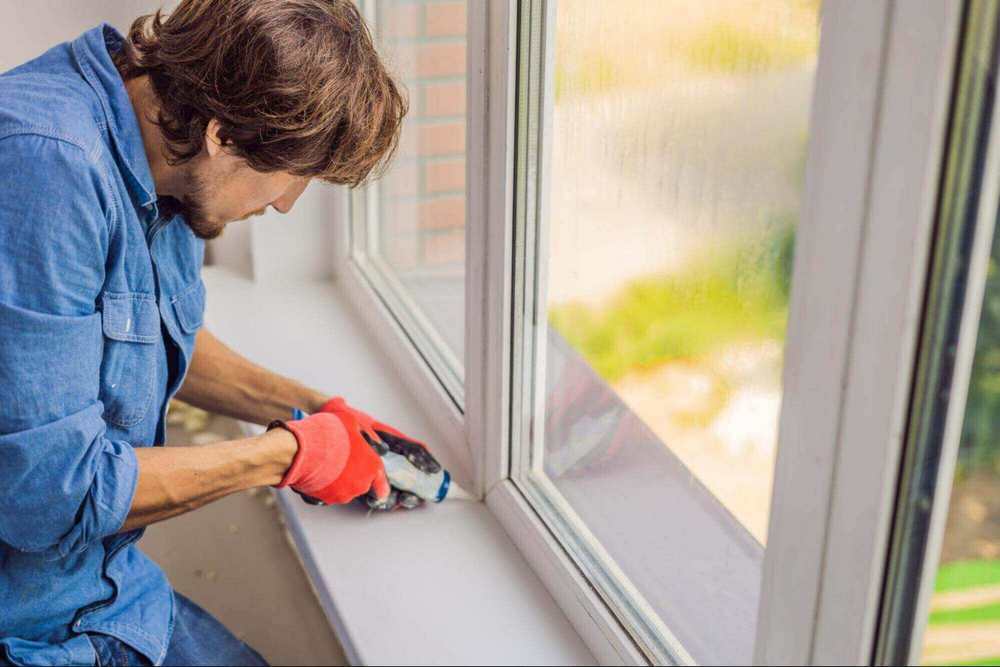
How Does Opening Windows Affect HVAC Efficiency?
After installing an HVAC unit, your heating and cooling Indianapolis contractor calculates the unit load required to maximize energy efficiency while maintaining room temperatures. While opening windows circulates air and improves indoor air quality, it increases the load on your HVAC unit. The system must work harder to maintain comfortable indoor temperatures. The same happens when your HVAC system is incorrectly sized.
How Can Windows Improve HVAC efficiency?
While window placement primarily affects HVAC efficiency, you can improve HVAC efficiency by doing the following;
- Use insulated window coverings – Insulated window shades and blinds provide energy-efficient window coverage. These covers trap air and form a layer of insulation that keeps warm air in cold seasons and out in warm seasons. Preventing unregulated loss or buildup of heat makes your home energy efficient and minimizes heating costs.
- Interior window treatment – Treating the interior of your windows by installing window films and other options protect UV rays, solar heat gain, and glare while providing an unobstructed view of the outside.
- Exterior window treatment – Installing window shutters or shades from the outside also reduces unwanted solar heat. Including window awning also significantly lowers energy loss and reduces the need for interior window treatments.

Which Windows Are Energy-efficient?
The U.S Department of Energy figures show that energy-inefficient windows cost homeowners approximately $35 billion annually. Fortunately, these costs can be reduced by installing energy-efficient windows. These options include:
- Clear glass double pane windows with low solar heat gain coefficient
- Double pane with wood or vinyl frame
- Tinted single-pane windows with aluminum frames
- Clear glass single pane windows with aluminum frame
Endnote
The impact of windows on HVAC efficiency cannot be ignored. Fortunately, you don’t have to install new windows to make your systems energy-efficient. You can make your home energy efficient by eliminating air leaks, conducting window treatments, and installing shades.
